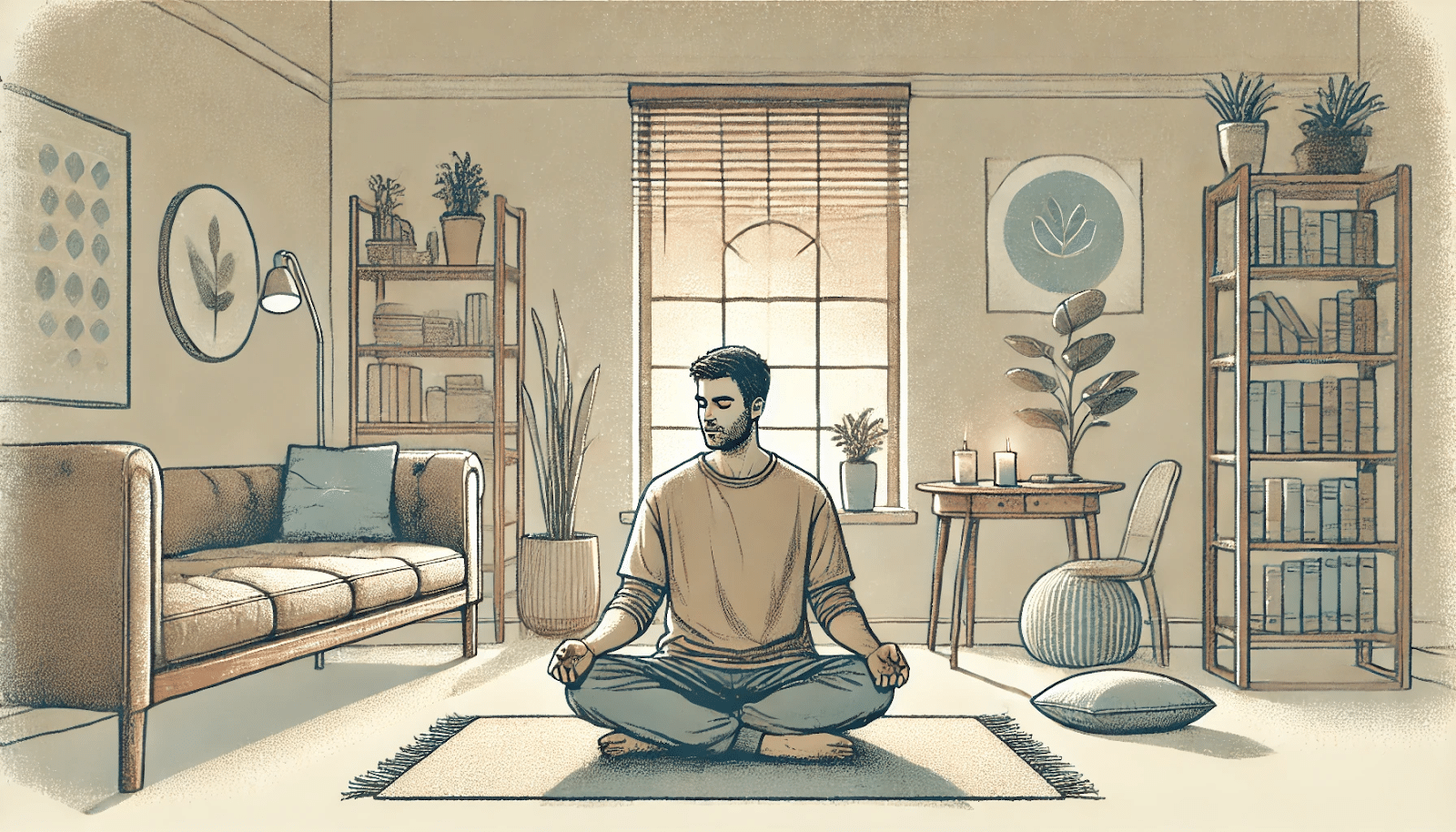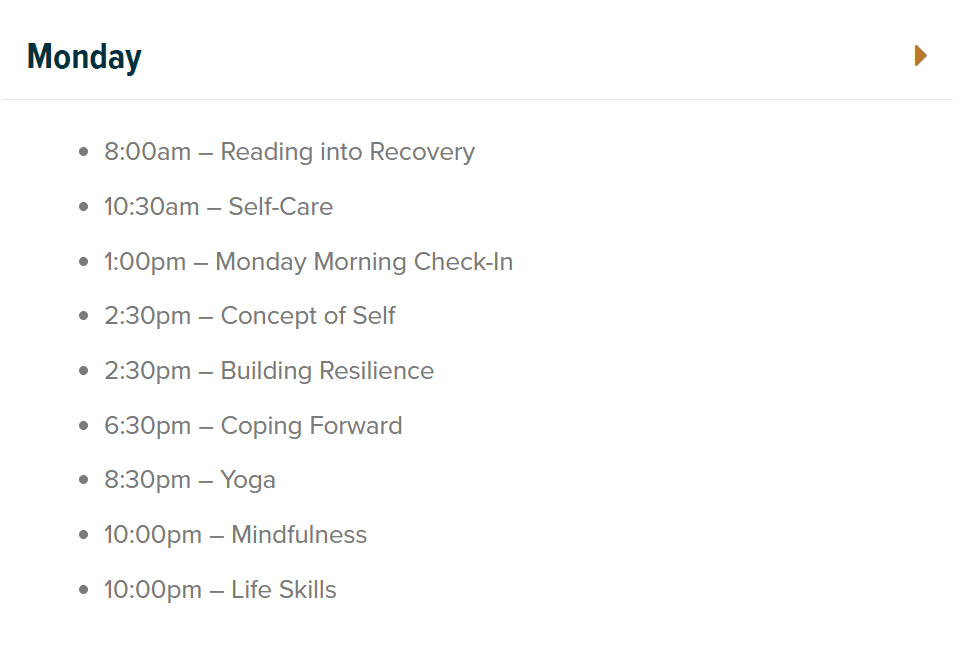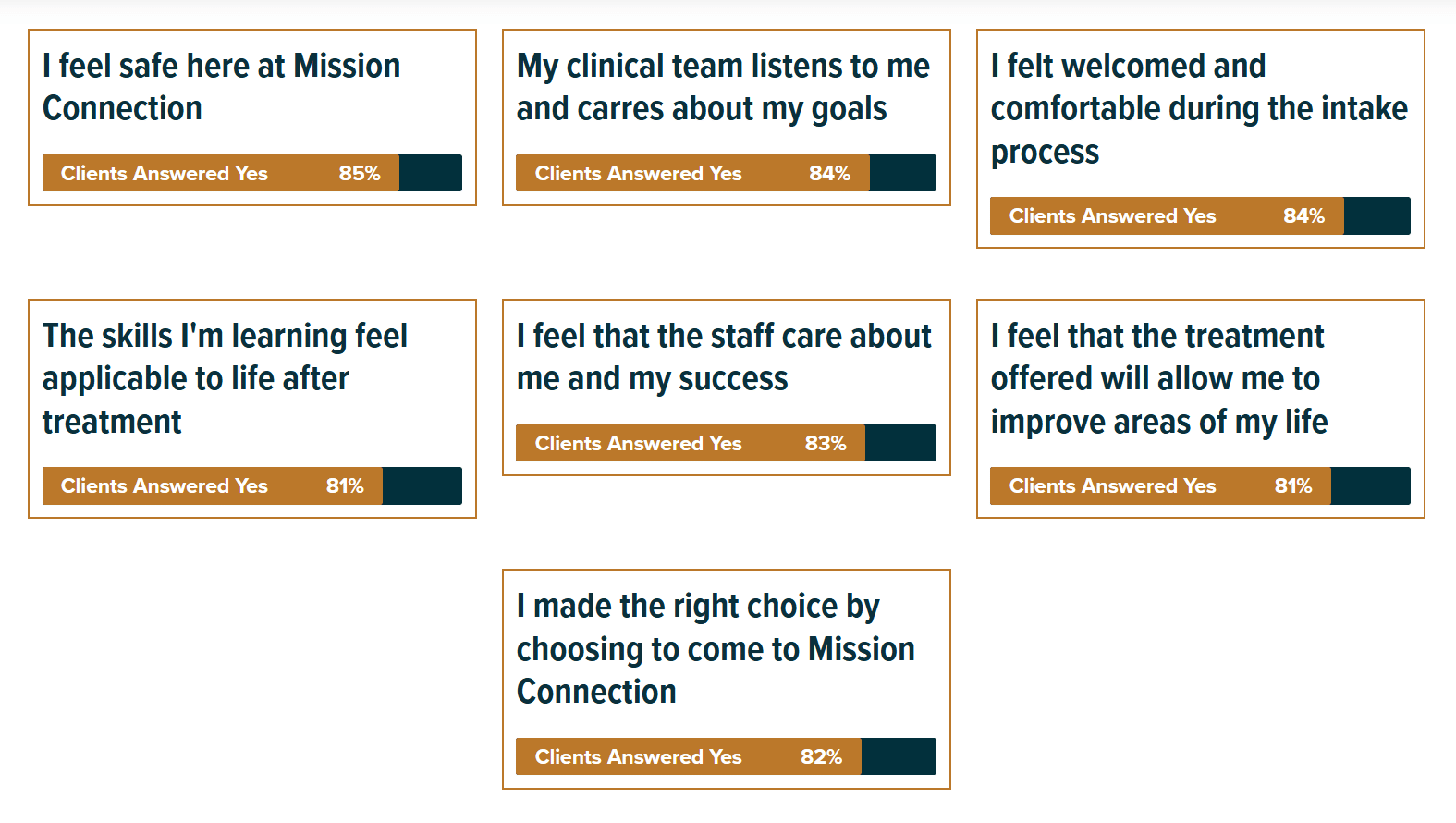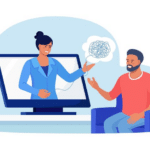Key Takeaways
- Outpatient therapy centers in California usually offer three main types of programs: Standard Outpatient Programs, Intensive Outpatient Programs (IOP), and Partial Hospitalization Programs (PHP).
- Outpatient therapy provides flexibility, allowing individuals to continue with their daily activities while receiving necessary support.
- These centers use various therapeutic techniques such as Cognitive Behavioral Therapy (CBT) and Dialectical Behavior Therapy (CBT).
- Choosing the right outpatient therapy center involves assessing personal needs, program offerings, location, and cost.
- Mission Connection provides comprehensive mental healthcare with flexible scheduling options, both in-person and through telehealth, allowing treatment to fit seamlessly into your daily life.
Introduction to California Outpatient Therapy Centers
California’s outpatient therapy centers are ideal for those seeking mental health support without the need for hospitalization. They offer a wide range of services to fit the unique needs of each individual. If you’re dealing with anxiety, depression, or addiction, these centers provide a supportive environment where healing and growth can occur.
Who Benefits From Outpatient Therapy?
Outpatient therapy is suitable if you have mild to moderate mental health conditions, such as anxiety or depression, who do not require intensive care. Additionally, if you’re transitioning from inpatient care or looking for ongoing support after completing a treatment program, you can greatly benefit from outpatient services.
Mission Connection offers flexible outpatient care for adults needing more than weekly therapy. Our in-person and telehealth programs include individual, group, and experiential therapy, along with psychiatric care and medication management.
We treat anxiety, depression, trauma, and bipolar disorder using evidence-based approaches like CBT, DBT, mindfulness, and trauma-focused therapies. Designed to fit into daily life, our services provide consistent support without requiring residential care.
Types of Outpatient Therapy Available in California
Standard Outpatient Programs
Standard Outpatient Programs (OP) are the least intensive option, typically involving a few hours of therapy each week. These programs are for individuals who need ongoing support but can manage their daily activities independently. They provide a space for you to discuss your challenges and work on personal growth with the guidance of a therapist.
Intensive Outpatient Programs (IOP)
Intensive Outpatient Programs offer a more structured approach, with therapy sessions occurring several times a week. These programs are suitable if you need more support than what standard outpatient programs offer but do not require the full-time care of inpatient treatment. IOPs often include group therapy sessions, individual counseling, and educational workshops.
Partial Hospitalization Programs (PHP)
Partial Hospitalization Programs are the most intensive form of outpatient therapy. They provide several hours of therapy each day, usually five days a week. PHPs are often used as a step down from inpatient treatment or as an alternative for those who need comprehensive care but can still live at home. These programs offer a wide range of therapeutic services, including individual and group therapy, medication management, and skill-building activities.
Therapeutic Techniques Utilized
Cognitive Behavioral Therapy
Cognitive Behavioral Therapy (CBT) is one of the most common techniques used in outpatient therapy. It focuses on identifying and changing negative thought patterns that contribute to emotional distress and unhealthy behaviors. Through CBT, you will learn to reframe your thoughts, develop coping strategies, and improve your emotional regulation.
This approach is effective for treating anxiety and depression, as it empowers you to take control of your thoughts and behaviors.
Dialectical Behavior Therapy
Originally developed to treat borderline personality disorder, Dialectical Behavior Therapy (DBT) has proven effective for a range of mental health issues, including depression, anxiety, and PTSD. It combines CBT with mindfulness practices to help you regulate their emotions, tolerate distress, and improve interpersonal relationships.
DBT focuses on four key areas: mindfulness, distress tolerance, emotion regulation, and interpersonal effectiveness. By mastering these skills, you can manage challenging situations more effectively and build a life they find worth living.
Mindfulness-Based Therapy

Mindfulness-based therapy (MBT) emphasizes being present in the moment without judgment. It encourages you to develop a heightened awareness of your thoughts, feelings, and bodily sensations. With this awareness, you can respond more effectively to stressors, reducing symptoms of anxiety and depression.
Group and Family Therapy
Group therapy provides a supportive environment where you can share your experiences, learn from others, and build a sense of community. You will learn that you are not alone in your struggles and get mutual support and encouragement from others.
Family therapy, on the other hand, focuses on improving communication and resolving conflicts within the family unit. It involves family members in the therapeutic process to address dynamics that may contribute to an individual’s mental health issues.
Choosing the Right Outpatient Therapy Center
Assessing Personal Needs and Goals
Before selecting a therapy center, take some time to assess your personal needs and goals. Consider the specific issues you want to address, such as anxiety or depression. Think about the level of support you require and any preferences you may have regarding therapeutic approaches. By identifying your needs, you can narrow down your options and choose a program that offers the services and support you need.
Evaluating Program Offerings
Once you have a clear understanding of your needs, evaluate the program offerings of different outpatient therapy centers. Look for centers that provide the specific types of therapy you are interested in, such as CBT or DBT. Additionally, consider the structure and intensity of the programs – whether they offer individual, group, or family therapy – as well as any additional services like telehealth.
Inquire about the qualifications and experience of the therapists at the center. Ensure that the therapists are licensed and have expertise in treating the specific issues you are dealing with. This will ensure you receive quality care from professionals who understand your unique needs.
Considering Location and Accessibility
The location and accessibility of the therapy center are practical considerations that can impact your ability to attend sessions regularly. Choose a center that is conveniently located near your home or workplace to minimize travel time and ensure you can attend sessions consistently
Additionally, consider the center’s hours of operation and whether they offer flexible scheduling options that fit your lifestyle.

Cost and Insurance Considerations
Determine whether the center accepts your insurance plan and what out-of-pocket expenses you may incur. Some centers offer sliding scale fees based on income, making therapy more affordable for those with financial constraints.
It’s also worth exploring any financial assistance programs or payment plans the center may offer. Understanding the cost structure and your financial responsibilities upfront can help you make an informed decision and avoid unexpected expenses.
Checking Credentials and Reviews
Before making a final decision, check the credentials and reviews of the therapy center. Look for centers that are accredited by reputable organizations and have positive reviews from past clients.

Reach out to the center directly with any questions or concerns you may have. A reputable center will be transparent about their services and willing to address any inquiries you have.
Mission Connection: Your Path to Mental Wellness in California

At Mission Connection, we’ve taken the best of these approaches and enhanced them through our comprehensive care model. While many centers in California offer basic services, we provide a truly integrated experience with daily group therapy, weekly psychiatric care, and personalized treatment plans delivered by licensed professionals who genuinely listen.
Our flexible programming adapts to your schedule, not the other way around. Through in-person visits or our innovative telehealth platform, you can access quality care that fits seamlessly into your life.
Choosing the right outpatient therapy center is about finding a partner committed to your lasting wellness. We have locations in California, Virginia, and Washington. Contact us today at 866-833-1822 to take the first step towards recovery.
Call Today 866-833-1822.
Frequently Asked Questions (FAQ)
What distinguishes outpatient therapy from inpatient care?
Outpatient therapy allows individuals to live at home while attending scheduled therapy sessions, whereas inpatient care requires individuals to stay in a facility full-time. Outpatient therapy offers flexibility and is typically less intensive, making it suitable for those with mild to moderate conditions.
How do I know if outpatient therapy is suitable for me?
If you have a mild to moderate mental health condition and can manage your daily responsibilities, outpatient therapy may be suitable for you. It’s also a good option for those transitioning from inpatient care or seeking ongoing support. Consult with a mental health professional to determine the best approach for your needs.
How often do I need to attend sessions in an outpatient program?
Standard outpatient programs may require weekly sessions, while intensive outpatient programs might involve several sessions per week. Follow the recommended schedule to achieve the best outcomes.
What makes Mission Connection different from other outpatient therapy centers?
At Mission Connection, we stand out with our multidisciplinary approach and flexible programming that adapts to your schedule. Our unique therapeutic model is delivered by licensed professionals specializing in building lasting healing tools. We offer both in-person and telehealth options, making care accessible wherever you are.








